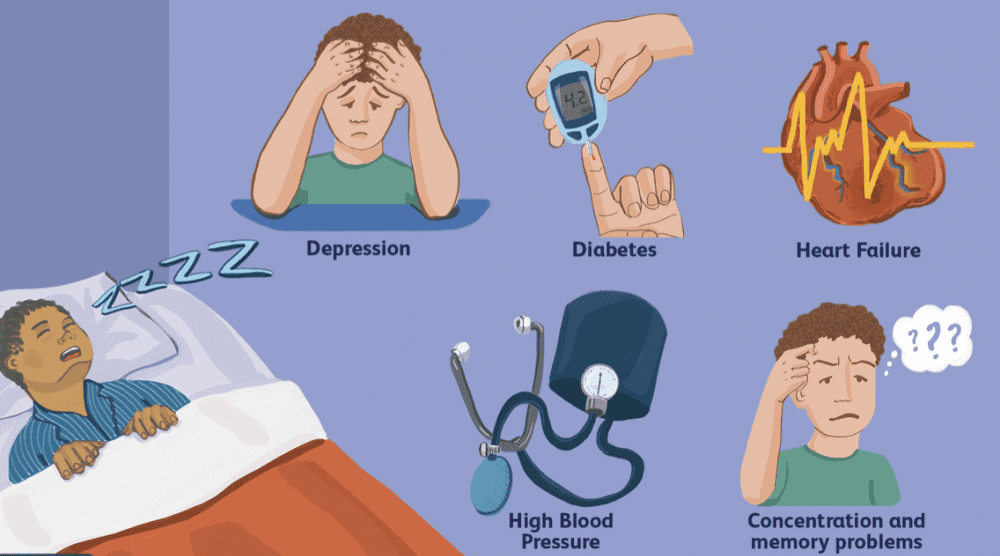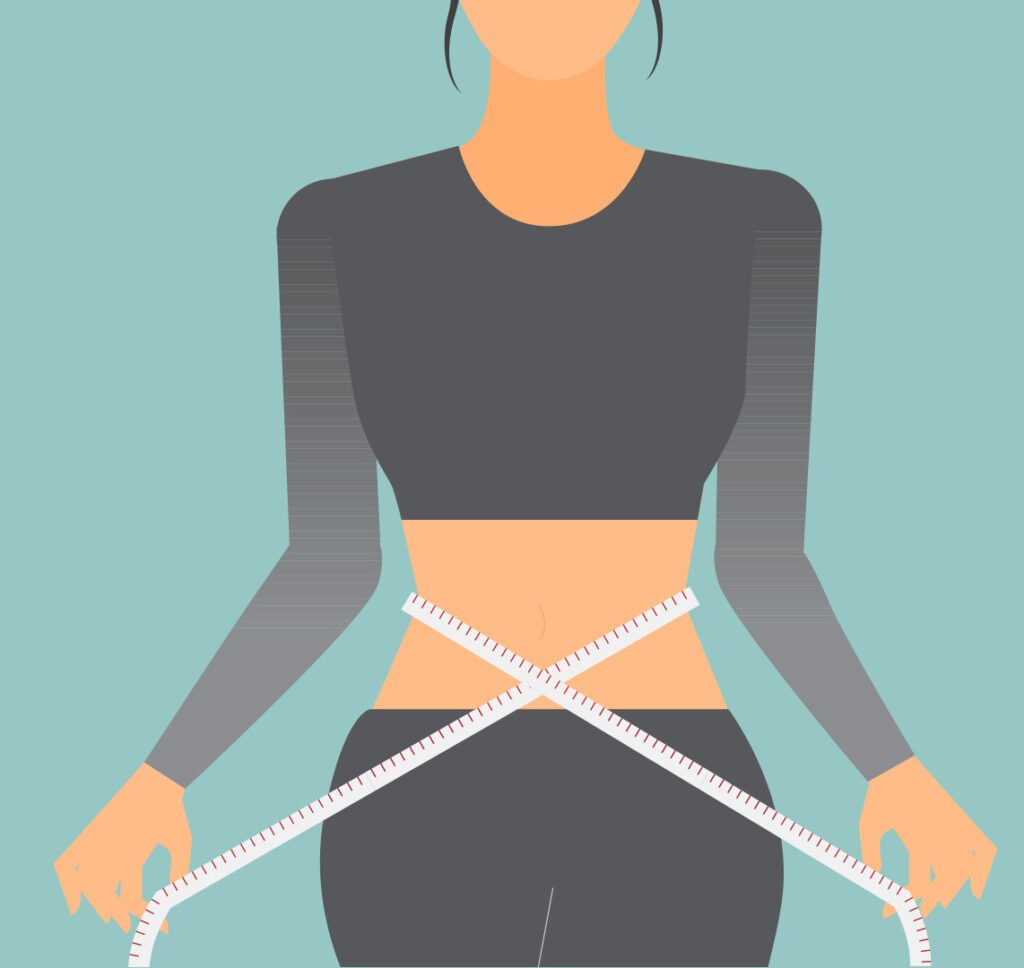When Snoring Becomes a Silent Disruptor in Marriage and Health
In any successful marriage, there are typical debates like how high to set the AC or how fast the fan should spin. But one issue that tops them all is—snoring.
Yes, snoring might seem like a harmless noise that you tease your partner about. But did you know that it can become a health concern for both the snorer and the one sharing the bed? It’s more than just a nighttime nuisance—it could be a red flag for serious medical conditions.

Recently, I conducted a simple survey asking people whether they think snoring is a health problem. The majority believed it’s harmless—”everyone snores, and it’s natural.” But if someone in your family or even your partner has been diagnosed with a condition like Obstructive Sleep Apnea (OSA), you’ll realize how dangerous snoring can actually be.
Let’s dive deeper to understand what snoring really is, why it happens, whether it’s truly normal, who should worry, and what can be done about it.
What is Snoring and Why Do We Snore?
Most of us don’t snore while awake. But the moment we fall asleep, that familiar rattling sound begins. Why does that happen?
When we sleep, our muscles relax—including those in the throat and tongue. This relaxation can lead to a partial blockage of the airway, particularly around the soft palate and tongue. As air moves through this narrowed passage, it causes vibrations, creating the sound we call snoring.
Who is More Likely to Snore?
Not everyone snores. Certain factors make some individuals more prone to snoring than others. Here are some of the most common reasons:
1. Excess Weight
Overweight individuals often carry more tissue around the neck, which can compress the airway during sleep and cause snoring.
2. Alcohol and Sedatives
Consuming alcohol or sedatives relaxes the muscles even more, increasing the chances of airway obstruction.
3. Nasal Congestion
A blocked nose due to a cold, allergies, or sinus issues forces you to breathe through your mouth, which can lead to snoring.
4. Nasal Structural Issues
Conditions like a deviated nasal septum or nasal polyps can obstruct airflow and lead to habitual snoring.
5. Thyroid Issues
People with hypothyroidism may experience weight gain and muscle relaxation, contributing to snoring.
6. Tobacco Use
Smoking irritates the respiratory system and increases mucus production, which can block airways and lead to snoring.
7. Anatomy
Even without any of the above factors, some people naturally have a narrower airway or enlarged tonsils that contribute to snoring.
Is Snoring Always Harmful?
Not necessarily. Occasional or mild snoring may not pose a health risk. However, frequent and loud snoring can be a sign of Obstructive Sleep Apnea (OSA), a potentially serious condition.
OSA occurs when the airway becomes so blocked during sleep that it causes breathing to temporarily stop. These pauses in breathing can happen multiple times an hour, reducing oxygen levels and disturbing sleep.
OSA is not just about snoring—it’s about interrupted breathing that leads to poor oxygen flow and fragmented sleep.
Warning Signs of Obstructive Sleep Apnea

How do you know if simple snoring has crossed into the danger zone of OSA?
Look for these signs:
-
Snoring followed by long pauses, gasping, or choking sounds
-
Waking up suddenly from sleep, feeling breathless or sweaty
-
Constant fatigue or sleepiness during the day
-
Morning headaches and difficulty concentrating
-
Irritability, forgetfulness, or low mood
-
High blood pressure or heart-related issues
-
Poor sleep quality despite adequate hours in bed
If your partner or family member tells you that you stop breathing in your sleep or exhibit any of the above symptoms, it’s time to take it seriously.
The Health Dangers of Untreated Snoring and Sleep Apnea
When snoring is ignored and OSA goes untreated, the body undergoes numerous negative effects due to poor oxygenation and lack of restful sleep.
Here’s how it impacts your health:
-
Increased Blood Pressure: The body’s stress response to low oxygen can raise blood pressure over time.
-
Risk of Diabetes: Interrupted sleep affects insulin resistance.
-
Heart Problems: OSA is linked to heart attacks, irregular heartbeats, and even heart failure.
-
Strokes: Low oxygen levels and high blood pressure increase the risk of stroke.
-
Lung Damage: Ongoing breathing interruptions can lead to pulmonary hypertension.
-
Fatigue and Poor Focus: Sleep fragmentation results in daytime drowsiness, mood changes, and cognitive impairment.
When you don’t reach the deep stages of sleep, your body doesn’t get the recovery it needs, and long-term damage follows.
Improving Snoring and Managing Sleep Apnea



If you or your partner snore regularly, don’t panic. Not every case requires a sleep device. But taking early action can prevent things from escalating to OSA.
Lifestyle Changes to Reduce Snoring
-
Lose Excess Weight: Even a small reduction in weight can help reduce fatty tissue around the neck, improving airflow.
-
Avoid Alcohol and Sedatives: Especially in the evening, as they overly relax the muscles and worsen snoring.
-
Sleep on Your Side: Sleeping on your back causes the tongue to fall backward, blocking the airway. Try side sleeping instead.
-
Address Nasal Congestion: Treat colds, allergies, or sinus issues to open up nasal passages and reduce mouth breathing.
Medical Solutions for Severe Snoring and Sleep Apnea
If lifestyle changes don’t work and your symptoms are more severe, consult a sleep specialist. They may recommend a sleep study (polysomnography) to assess breathing patterns.
CPAP and BiPAP Devices
For confirmed cases of OSA, CPAP (Continuous Positive Airway Pressure) or BiPAP (Bi-level Positive Airway Pressure) machines may be prescribed.
These devices:
-
Deliver a constant stream of air into your airway
-
Prevent the airway from collapsing during sleep
-
Help you breathe uninterrupted throughout the night
-
Improve overall sleep quality and reduce associated health risks
The result? Better energy, focus, mood—and yes, improved relationships too.
Oral Appliances
Your doctor or dentist may recommend oral devices that reposition the jaw slightly forward to prevent the tongue and soft tissue from collapsing backward.
These devices are custom-fitted and worn during sleep to maintain airway openness.
Final Thoughts
Snoring is not just a harmless sound—it can be a red flag. If you or someone close to you snores loudly, wakes up gasping for air, or feels constantly tired despite a full night’s sleep, don’t brush it off.
The earlier you recognize the signs of obstructive sleep apnea, the better your chances of avoiding long-term complications.
Take care of your sleep. Because when sleep improves, so does your heart, mind, body, and relationships.
If you’re concerned, reach out to a healthcare professional or a sleep specialist for guidance. Your future self—and your partner—will thank you.